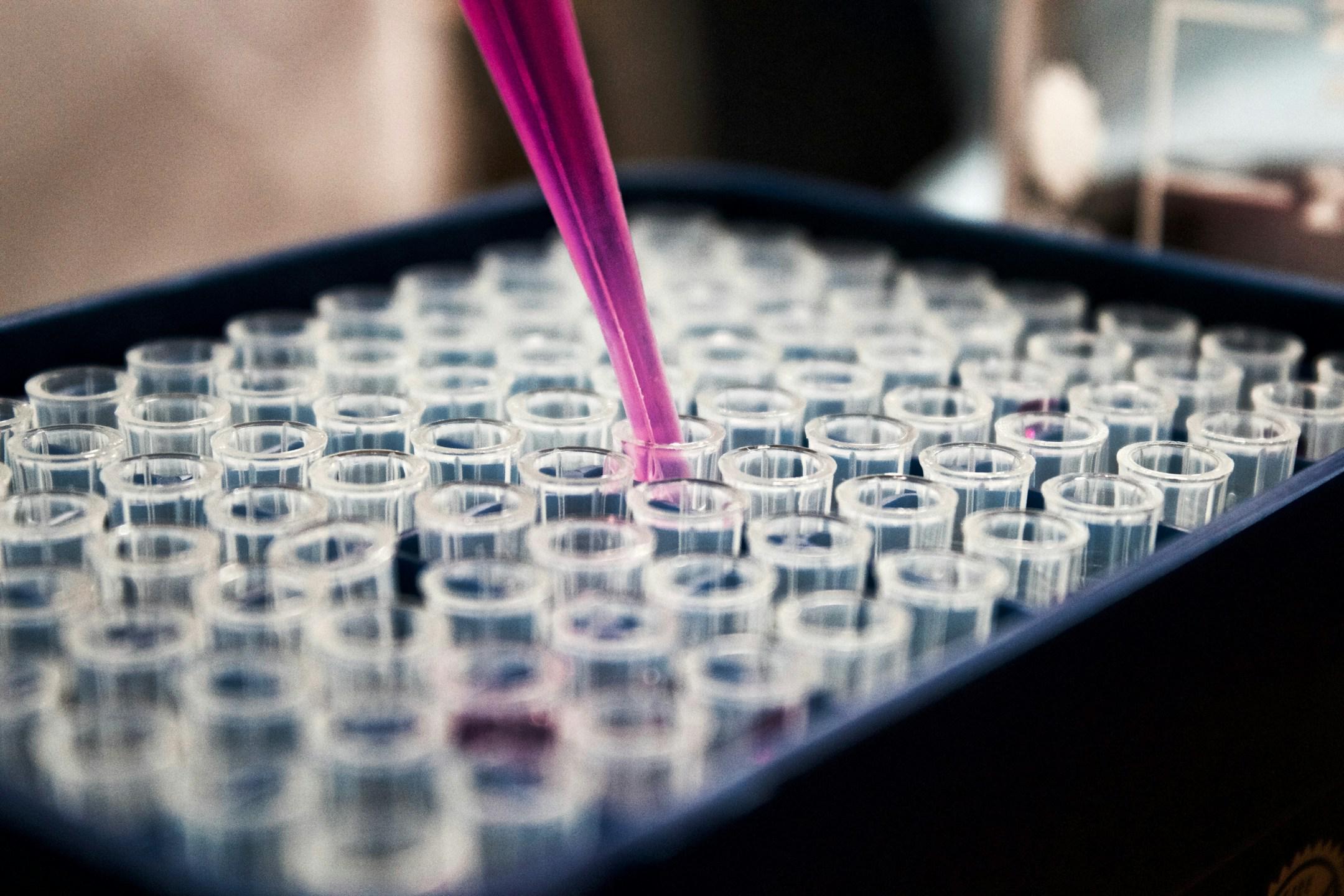
In the fast-paced world of biotechnology, innovation is the name of the game. With the relentless pursuit of medical advancements, product engineers are at the forefront, harnessing cutting-edge technologies to streamline processes and accelerate discoveries. One such technology that is transforming the landscape is automation. But what exactly does automation mean for biotech, and how are product engineers using it to their advantage? This blog post dives into the role of automation in biotech, exploring how it's empowering engineers to achieve breakthroughs faster and more efficiently.
Automation in biotechnology involves using technology to perform tasks that were traditionally done manually. This can include anything from data collection and processing to complex laboratory experiments. By delegating repetitive or intricate tasks to automated systems, product engineers can focus on innovation and problem-solving.
Automation in biotech isn't just about efficiency; it's about precision, accuracy, and reproducibility. These attributes are crucial in biotech, where even the smallest errors can have significant implications. With automation, researchers can achieve consistent results across experiments, paving the way for reliable outcomes and accelerated progress.
Furthermore, the use of automation in biotech is not limited to large-scale laboratories. Even small startups are leveraging these technologies to level the playing field, enabling them to compete with industry giants. By adopting automation, biotech companies of all sizes can optimize their operations and drive innovation.
In the lab, time is of the essence. Product engineers in biotech are using automation to eliminate time-consuming manual processes, allowing them to maximize productivity and focus on critical research activities. Automated liquid handling systems, for example, can perform complex pipetting tasks with precision and speed, reducing the risk of human error.
Additionally, automation enables high-throughput screening, which allows for the rapid testing of thousands of samples simultaneously. This capability is invaluable in drug discovery, where identifying potential candidates quickly can significantly shorten development timelines and bring life-saving treatments to market faster.
Data is at the heart of biotechnology, and product engineers rely on vast datasets to draw meaningful insights. Automation plays a pivotal role in data analysis by enabling the swift processing and interpretation of complex information. Machine learning algorithms, for instance, can sift through enormous datasets to identify patterns and correlations that would be impossible for humans to detect.
With automation, product engineers can also automate data entry and validation, reducing the risk of errors and ensuring data integrity. This is particularly important in clinical trials, where accurate data is crucial for making informed decisions about the safety and efficacy of new treatments.
The drug discovery process is notoriously lengthy and expensive, but automation is changing the game. Product engineers are utilizing automated systems to streamline every stage of drug development, from target identification to clinical trials. This not only speeds up the process but also reduces costs, making drug discovery more accessible to all players in the biotech field.
Automated high-throughput screening is a key component of this transformation. By rapidly testing large libraries of compounds, engineers can identify promising candidates more quickly, expediting the path to clinical trials. This efficiency translates to cost savings and a higher likelihood of discovering successful treatments.
Precision medicine is an emerging field that aims to tailor treatments to individual patients based on their unique genetic makeup. Automation is integral to this approach, as it enables the rapid analysis of genetic data and the customization of treatment plans.
Product engineers are leveraging automation to sequence genomes swiftly and accurately, unlocking valuable insights into the genetic basis of diseases. This information allows for the development of personalized therapies that target specific genetic mutations, increasing the likelihood of successful outcomes.
A robust supply chain is essential for the success of any biotech company, and automation plays a critical role in optimizing these operations. Product engineers are using automation to enhance supply chain visibility, streamline logistics, and ensure the timely delivery of materials.
Automated inventory management systems, for example, can track stock levels in real-time, preventing shortages and minimizing waste. This ensures that labs have the necessary resources to continue their research without interruption, ultimately accelerating the pace of innovation.
Automation is a game-changer for product engineers in biotechnology, offering a wealth of opportunities to enhance efficiency, accuracy, and innovation. From streamlining laboratory processes to accelerating drug discovery, automation is transforming the way engineers work and revolutionizing the biotech landscape.
By harnessing the power of automation, product engineers can push the boundaries of what's possible, driving advancements that have the potential to change the world. For those looking to stay ahead in the rapidly evolving field of biotechnology, get in touch with us at Bothwell Engineering. Integrating automation is not just an option—it's a necessity.